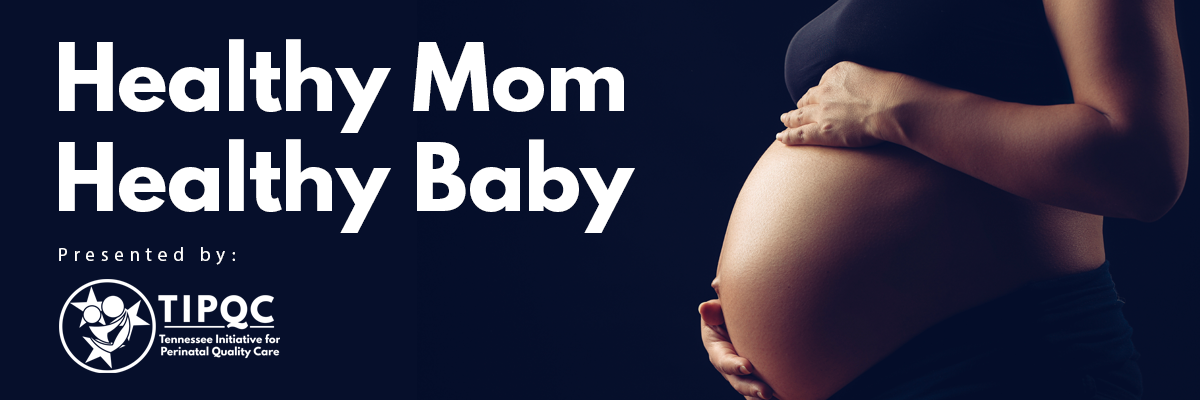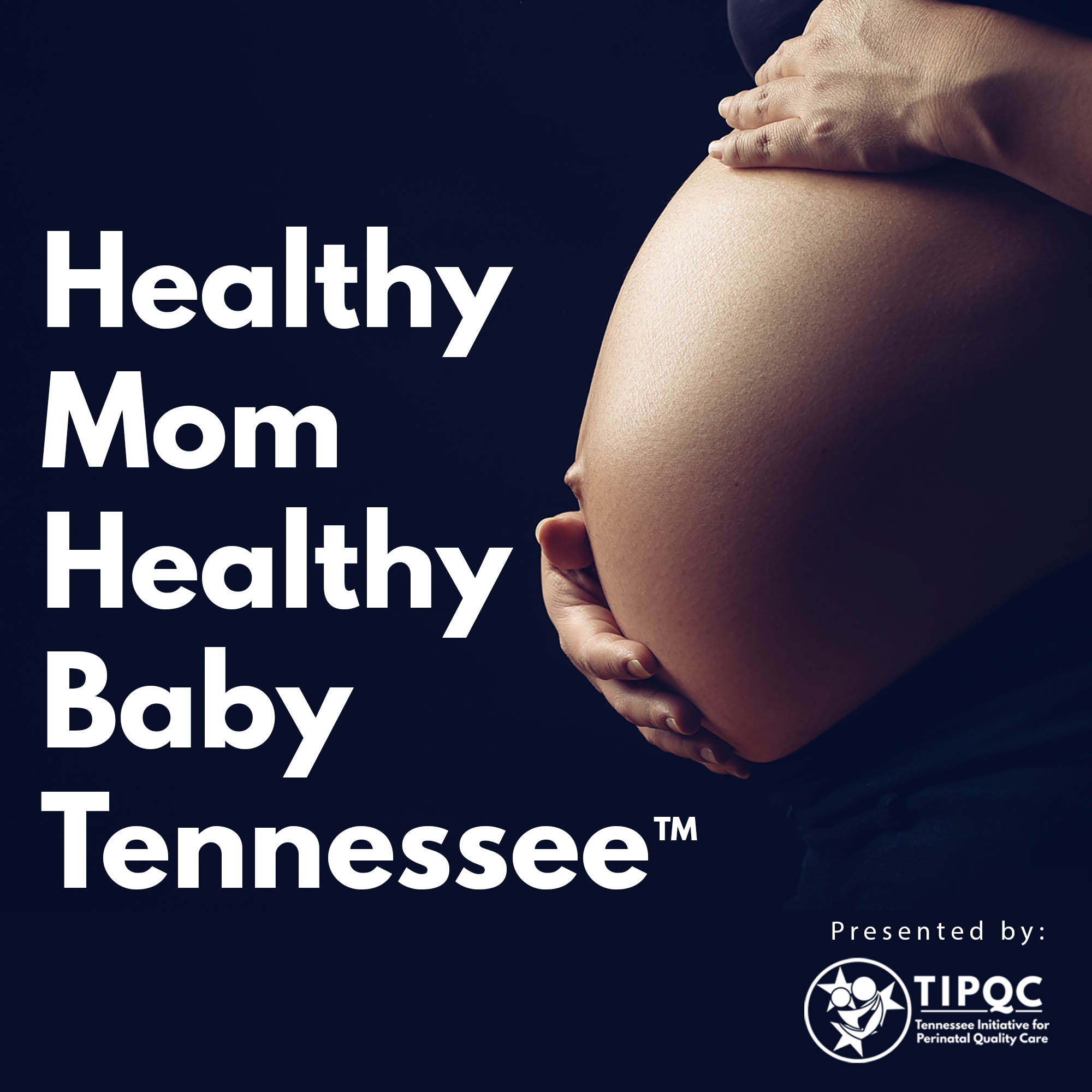Episode 104
EO: 104 Breastfeeding with Dr. Sarah Eriksen
Intention to breastfeed prior to delivery:
Child Nutr. 2021 Apr;17(2):e13093. doi: 10.1111/mcn.13093. Epub 2020 Oct 1.
PMID: 33006242; PMCID: PMC7988881.
IABLE
- The Institute for Breastfeeding and Lactation Education (IABLE) (lacted.org)
E-Lactancia
Is this compatible with breastfeeding?
TN Mother's Milk Bank
https://www.milkbanktn.org/
No content or comments made in any TIPQC Healthy Mom Healthy Baby Podcast is intended to be comprehensive or medical advice. Neither healthcare providers nor patients should rely on TIPQC’s Podcasts in determining the best practices for any particular patient. Additionally, standards and practices in medicine change as new information and data become available and the individual medical professional should consult a variety of sources in making clinical decisions for individual patients. TIPQC undertakes no duty to update or revise any particular Podcast. It is the responsibility of the treating physician or health care professional, relying on independent experience and knowledge of the patient, to determine appropriate treatment.


